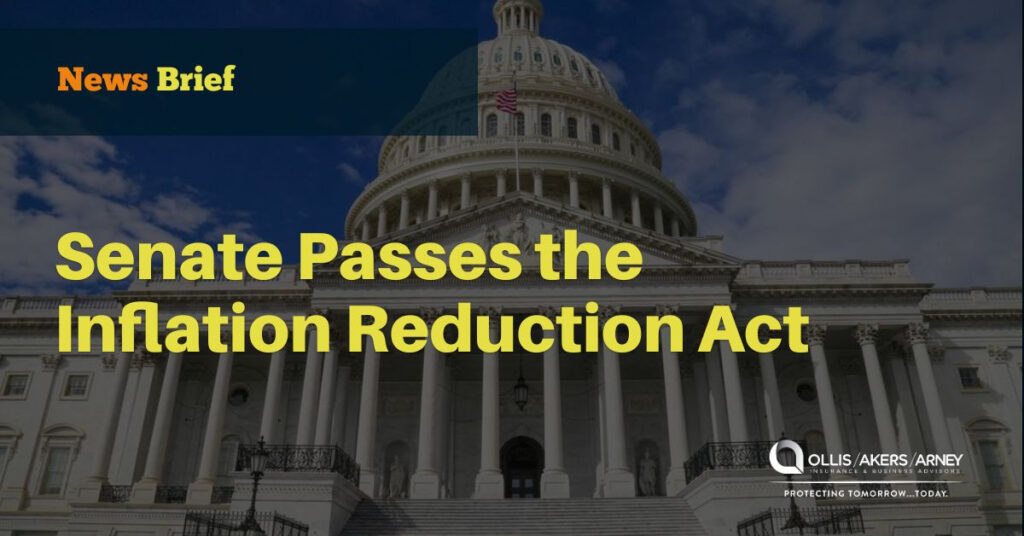The U.S. Senate recently passed the Inflation Reduction Act, which includes provisions aimed at addressing climate change, reducing the high costs of prescription drugs and lowering the deficit by approximately $300 billion. The $750 billion spending bill passed through the budget reconciliation process, meaning all 50 Democrats and one tie-breaker vote from Vice President Kamala Harris were all that was needed.
How Will the Inflation Reduction Act Impact Health Care Policy?
The legislation includes provisions to lower prescription drug prices by allowing the federal health secretary to negotiate the prices of certain expensive drugs annually for Medicare. However, this will not impact every prescription drug and will not happen quickly. The negotiations will begin in 2026 for a maximum of 10 prescription drugs covered by Medicare, another 15 drugs in 2027 and 2028, and then 20 drugs in 2029. Additionally, pharmaceutical companies will be required to issue rebates if they raise drug prices beyond the rate of inflation.
The bill originally included a provision capping insulin at $35 per month, which was ruled out of order by the Senate parliamentarian and removed before the legislation was passed. The bill does cap out-of-pocket prescription drug costs at $2,000 for people on Medicare beginning in 2025.
Importantly, the bill helps millions of Americans avoid sharp increases in health care costs by extending enhanced Affordable Care Act subsidies for three years, one year later than originally proposed by the U.S. Congress.
What This Means
The U.S. House plans to take up the bill at the end of the week. If the House passes the bill, which experts anticipate will happen, the legislation will be sent to President Joe Biden for signature. As this legislation is anticipated to impact large segments of the U.S. economy, employers will want to follow the process closely.
We will keep you apprised of any notable updates. Contact Ollis/Akers/Arney Insurance & Business Advisors for more health care resources.
The content of this News Brief is of general interest and is not intended to apply to specific circumstances. It should not be regarded as legal advice and not be relied upon as such. In relation to any particular problem which they may have, readers are advised to seek specific advice. © 2022 Zywave, Inc. All rights reserved.


